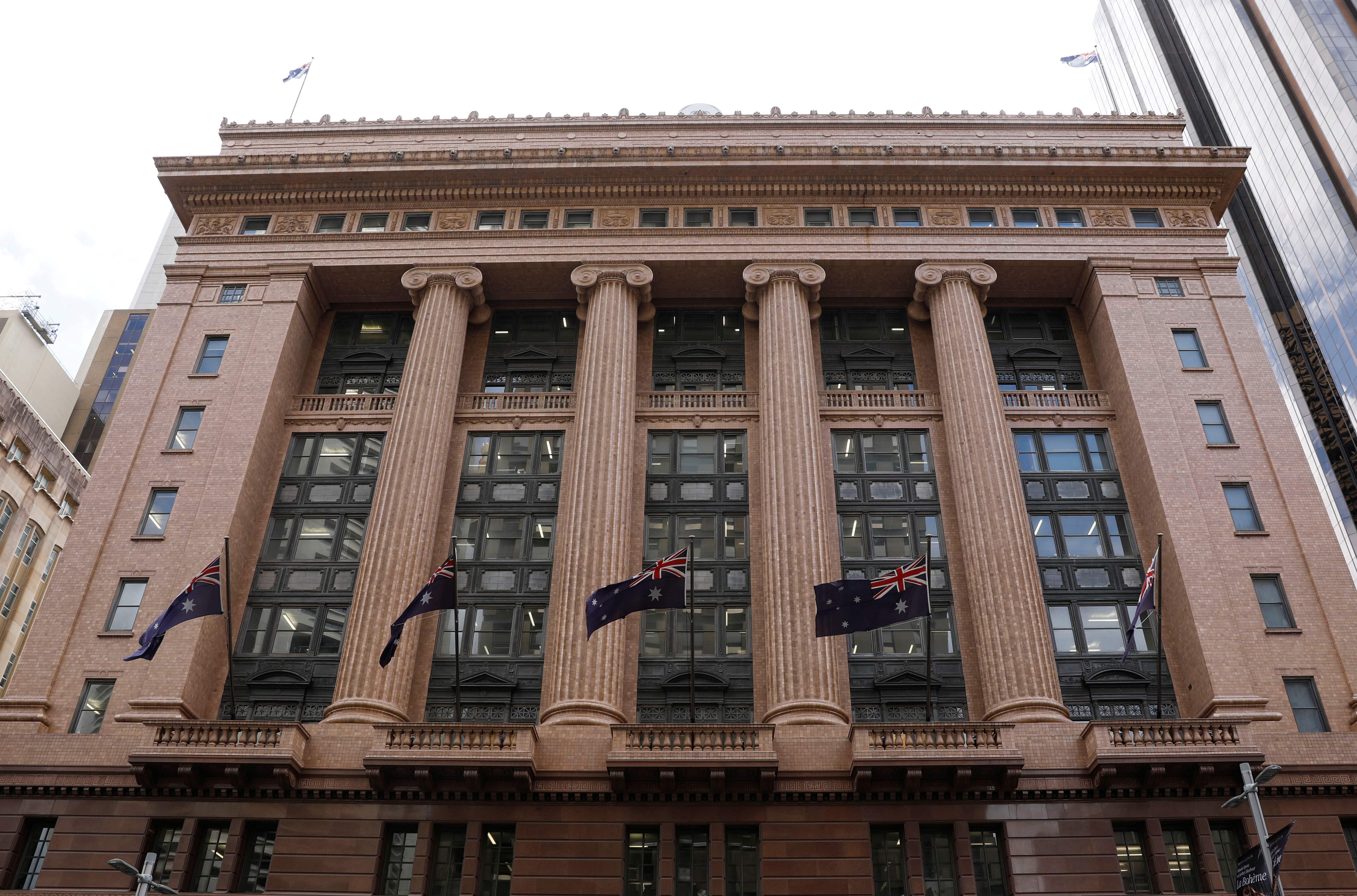Australia vows crackdown on corporate misconduct as bank inquiry claims AMP scalp
 A view of a Commonwealth Bank of Australia branch in Sydney, Australia, April 18, 2018. (Photo: Reuters)
A view of a Commonwealth Bank of Australia branch in Sydney, Australia, April 18, 2018. (Photo: Reuters) An Australian inquiry into financial sector misconduct has claimed its first scalp as the chief executive of the country’s largest wealth manager stepped down over revelations of board-level deception and misappropriation of funds.
The immediate departure of AMP Ltd CEO Craig Meller came as the government vowed to double prison terms for financial crimes, dramatically raise financial penalties and ramp up the investigative powers of the corporate regulator following shocking admissions of misconduct to the Royal Commission inquiry.
The first month of the year-long, independent inquiry has been a publicity disaster for Australia’s major lenders, which now face the almost certain prospect of greater regulation, stricter oversight, higher penalties and possible criminal charges.
It has also become a political threat for the conservative government, which initially opposed the establishment of a Royal Commission despite years of scandals including rate-rigging and alleged money-laundering.
Faced with daily revelations of wrongdoing at the highest levels of corporate Australia, the government is now under mounting pressure to extend the inquiry beyond its February 2019 deadline, meaning it would run concurrently with the next federal election.
Treasurer Scott Morrison, who once dismissed opposition calls for a Royal Commission as “crass populism”, today said the government would raise criminal penalties for corporate crimes to a maximum of 10 years in jail, from 5 years currently.
Offending companies would face fines up to $210 million, from the current A$10 million. ASIC would get the power to intercept internal communications of companies if necessary.
“They are not victimless crimes,” Morrison told a press conference.
“We need to set the tone … so people understand that misleading regulators about serious issues such as this is no victimless offence, and it won’t carry a victimless penalty.”
The changes were the result of years of planning and were not a knee-jerk reaction to the inquiry, he said.
The Liberal Party-led government holds power with a one-seat majority and has trailed the opposition Labor Party in opinion polls for more than two years.
“They will want to be seen to be acting strongly,” said John Warhurst, an emeritus professor of political science at Australian National University.

The logo of AMP Ltd, Australia’s biggest retail wealth manager, adorns their head office located in central Sydney, Australia, May 5, 2017. (Photo: Reuters/ File Photo)
“PERSONALLY DEVASTATED”
AMP executives admitted in testimony this week that the company had lied to the corporate watchdog for almost a decade to cover a practice of charging customers for services it did not provide.
Chairman Catherine Brenner issued an unreserved apology for “misconduct and failures in regulatory disclosures in our advice business”, as she announced Meller’s exit along with a review of the company’s governance.
Government data prepared for the Royal Commission, which has the power to subpoena documents and compel top executives to testify in public, shows over 80,000 consumers have been given bad advice by financial institutions over the past decade, costing them a total $5 billion.
This week’s hearings have been particularly brutal. A nurse gave tearful testimony on Thursday about losing her home after taking advice from Westpac Banking Corp, while lawyers presented evidence that Commonwealth Bank of Australia, the country’s biggest bank, knowingly charged dead clients for counsel for years.
But the revelations about AMP for the first time showed direct board-level involvement in hiding misconduct from the Australian Securities and Investments Commission (ASIC), the corporate regulator, leading to calls for the watchdog to play a far more aggressive role than it has in the past.
AMP shares have lost over $1.2 billion in market value since the revelations came to light on Tuesday. The stock rose as much as 2 percent in early trading today, in a weaker overall market.
Meller said he was “personally devastated by the issues which have been raised publicly this week”, and while he did not condone making misleading statements to the regulator they had occurred under his watch so his resignation was appropriate.
“This is not the AMP I know and these are not the actions our customers should expect from the company,” he said in the AMP statement.
AMP director Mike Wilkins, a former CEO of Australia’s biggest general insurer, Insurance Australia Group Ltd, would step in as AMP’s acting chief until it found a permanent replacement for Meller, the company added.
Reuters


